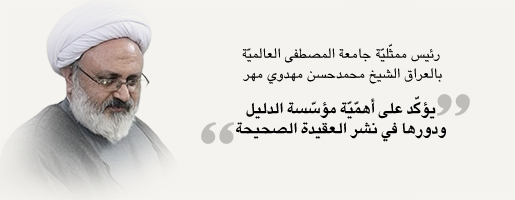

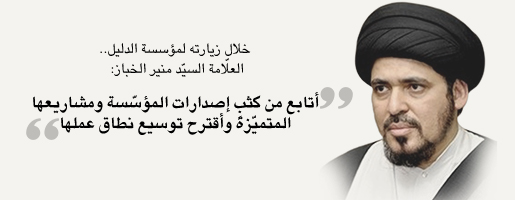
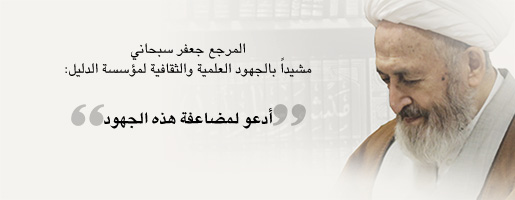

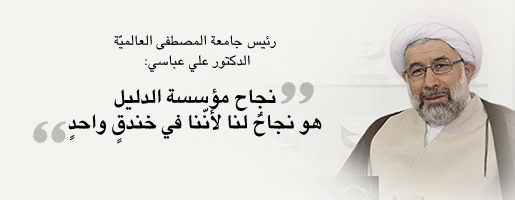
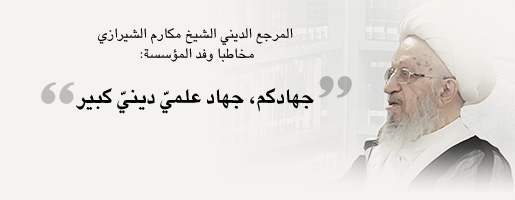
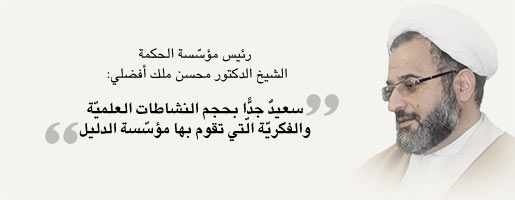


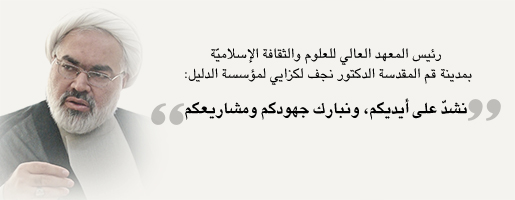
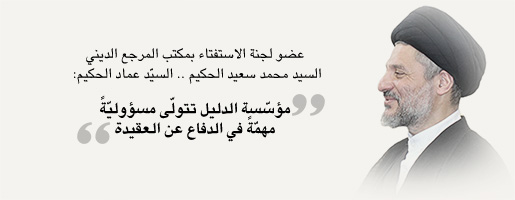
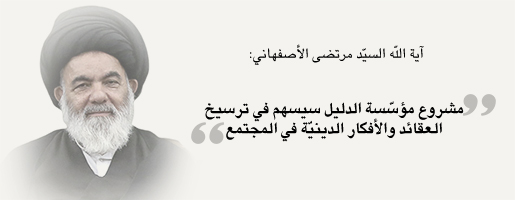
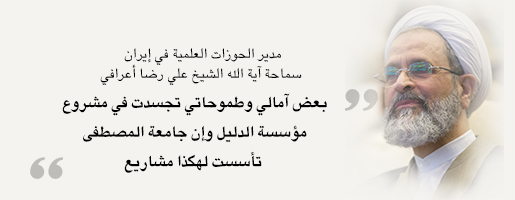
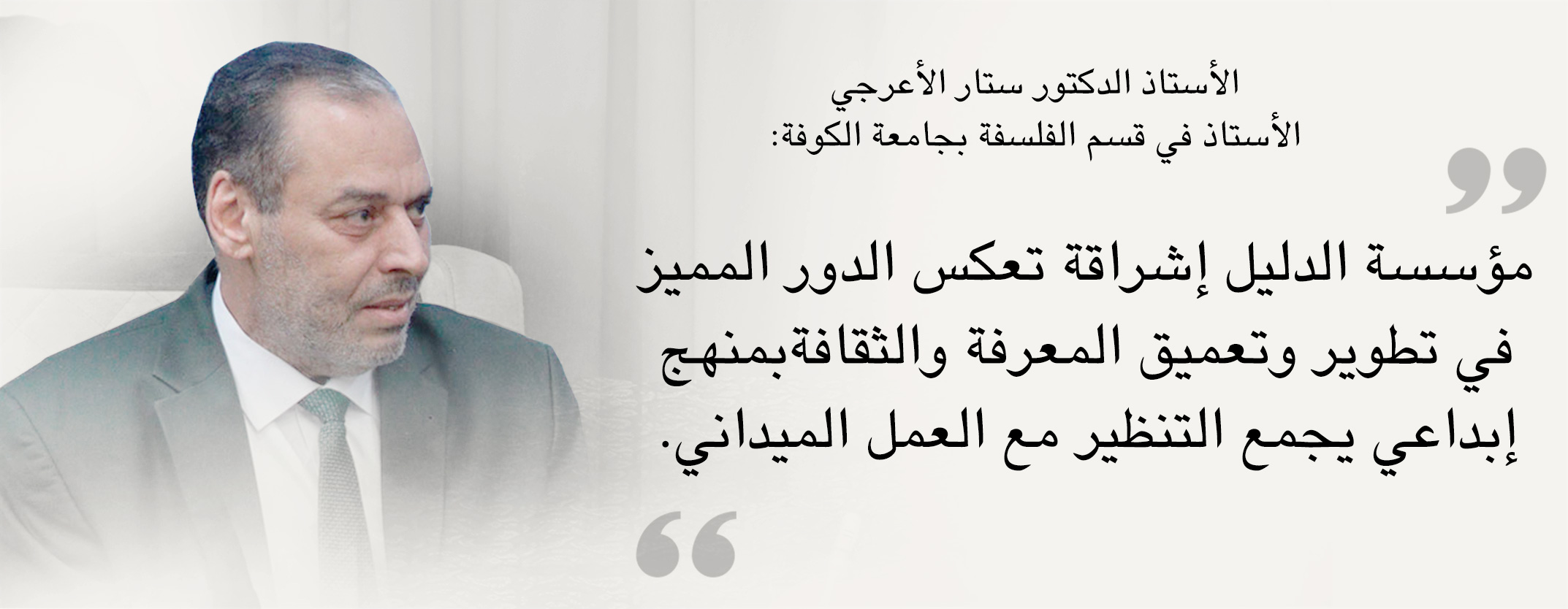

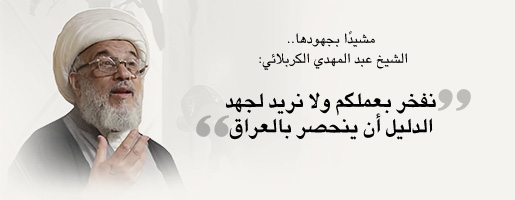
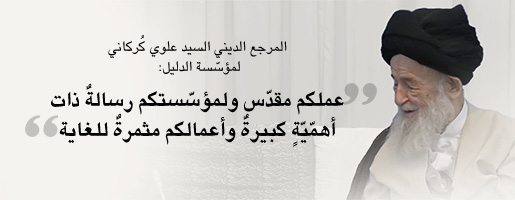
Abid Hussain Al-Mahdawi
Summary
The principle of Lutf (Grace) in theological heritage is the notion that all factors leading toward obedience and drawing one closer to it are obligatory. It is a branch of the principle of al-ḥusn (goodness) and al-qubh (badness) in rational ethics. However, there has been disagreement among the Adliyyah (rationalists) themselves regarding the entirety of this principle. Many later Shi’a theologians and their contemporaries raised objections to it, even though it was once considered an established and unquestionable principle in the history of rationalist theology. Those who support the principle cite many arguments, the most important being the argument of wisdom, the argument of divine emanation, and the argument of the completion of the proof (Itmam al-Ḥujjah). Several explanations have been presented in support of the principle; however, it has also become the subject of criticism by some contemporary and later scholars. Some have denied the logical connection between Lutf and the objective of the divine command, akin to the Ash’ariyyah who reject the principle altogether. Others have distinguished between the realms of thubūt (existence) and ithbāt (verification), asserting that there is no alignment between them. Still, others have argued that divine actions pursue multiple goals, not solely the goal of obedience, a view influenced by Ash’ari thought. All these objections to the principle are fundamentally flawed. There is a clear logical connection between the achieved Lutf and obedience, on the one hand, and a natural connection between Lutf and the means to achieve obedience, on the other. Furthermore, a distinction must be made between general and specific Lutf: scientific alignment occurs in the former, not the latter. Additionally, the hierarchical order of divine objectives in relation to the stages of action shows that all other goals follow from obedience, rather than the reverse. In this article, I have sought to identify and critique these doubts, relying on an inductive-analytical approach.
